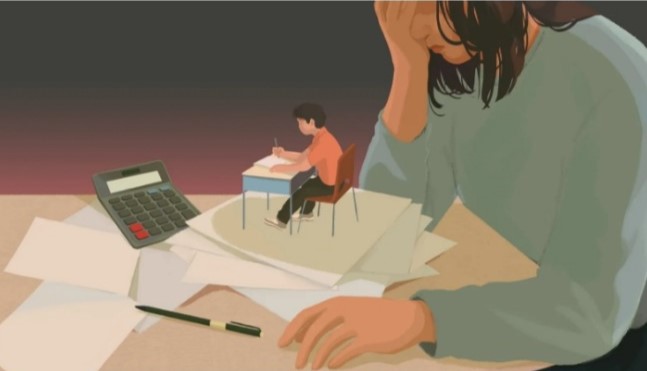The Parents Who Fight the City for a “Free Appropriate Public Education”

The New Yorker | Many—perhaps most—due-process claims circle around this fiscal void. Rebecca Shore, of Advocates for Children, told me, “It shouldn’t be a matter of, ‘Well, we have no providers, so we can’t provide this service.’ It should be, ‘There are no providers—what are the reasons for that, and how do we come up with a solution?’ ” She went on, “The D.O.E. needs to take whatever steps are necessary to make these into jobs that people actually want to do.” In 2021, a salaried paraprofessional who shadowed a child with physical or behavioral challenges in school, for example, made between twenty-eight and forty-four thousand dollars per year. When support services such as speech or occupational therapy are not available at school, the D.O.E. offers vouchers that parents can use for approved private providers, but most therapists don’t accept them, owing to the low rates of compensation and long delays in receiving the money. “So one very simple solution is for the D.O.E. to pay more and pay quicker,” Shore said.